No one can beat a well-read translator and interpreter. Reading is a tool that empowers you to beat your circumstances and cope with the challenges of daily life. Particularly when it comes to the medical text and data staying upgraded with the content they are dealing with is crucial. Translators are real heroes who bear so many hassles to make the content worthwhile and worth reading.
The medical field is a challenging and sensitive domain. Medical interpreters and translators if keep reading they can excel better in their field and can also hone their skills in a better way. Therefore, the experts always suggest they read medical texts and books. Reading medical books allows medical interpreters to relate the stories they listen to at work better. They can interpret well and can also comprehend the situation of the patient conveniently. Reading has become more favorable than ever. There are multiple mediums available that allow reading well.
In a busy and fast-paced life, it often gets tough to take time to read and learn through reading. However, here are the traditional as well as modern-day methods to read and enjoy a book. A few of these are:

Technology has taken over and printed books have gone in the background. There are admirers and readers who find nothing more tempting than the smell of a new book. It brings them satisfaction and peace. People also try reading books before their bedtime and cutting their screen time. A lot of people enjoy reading books when they are out on a picnic or sitting in the park under a tree what could be better and more aesthetic than a book? Medical translators hence can juggle between their jobs and leisure time and can manage to read books whenever they can manage. Books that are relevant to their field not only give them doses of information but can also quench their thirst for book reading. If you get a book that has anything to do with your field you can highlight an important phrase or term.
You can also attach the notes with these words to look up. You can further check the questions that you get while reading all this content for further discussion with your fellows. However, noting down the content is a must.
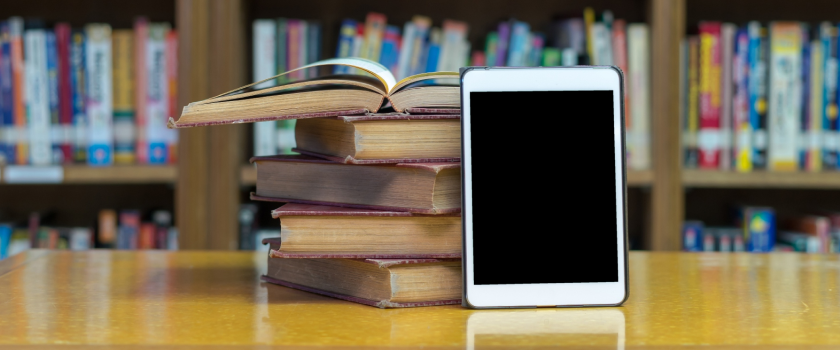
The paper books though are never gonna get out of practice or obsolete. This era belongs to e-books. There are thousands of books available on Kindle. You can buy any book of your choice and read it. Ebooks get the mileage in a way that you can have these all the time in your tab or cell phone and a Kindle option is always there. It is convenient to carry it rather than traveling with a book. It is easier to read between appointments, traveling, and commuting. You get to know new medical terminology while reading books about interpretation and can note down these to look for detailed meaning.

Audiobooks are people’s favorites because you can multitask while listening to the content. You can listen to these while running errands, commuting, working out in the gym, or hiking. Also, interestingly audiobooks are perfectly fine with people who are into interpretation practice as the books from doctors require certain conversations between medical health providers and patients. Moreover, there are narrations of the medical cases and these provide a perfect opportunity to interpret longer stretches of the languages. Also, you can practice simultaneous skills by overshadowing the reader. This allows an added advantage. You get comfortable with pronunciation of the complex medical words and terminology. There are many audiobooks relevant to medical interpretation that are available on audible.com. They also have promotions and offer free trials while signing up for the first time. This source also has an amazing mobile app and you can download it to your device.
Interestingly, you can also borrow books from the audible and can add them to your local library. You can borrow and listen to these books later.
While in the field of medical interpretation, it gets exhaustive to balance work and personal life. Reading books comes after that. However, once you have ordered these or have them on your to-read list you can manage to read. Also, reading does not go in vain and it is going to polish your skills. You can follow these on Amazon too and can also have a sneak peek by simply using the option look inside’.
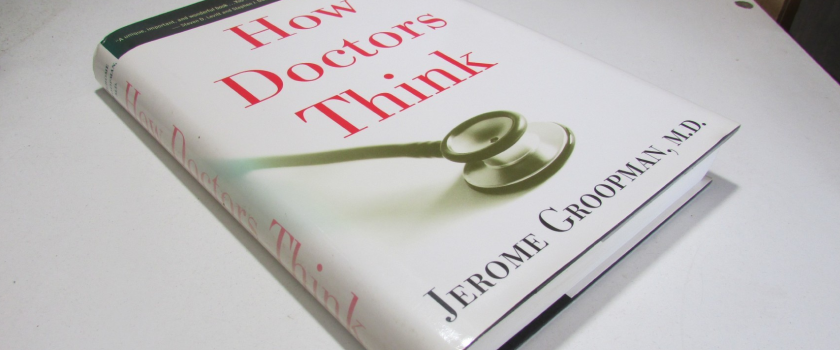
This book has been written by Dr. Jeremy Groopman. While working as medical interpreters, we all get to face many challenges. Many times we need to know the physician’s perspective and stance on particular matters. This book is the perfect example to go through and read to cope with such situations. It provides insight into the decisions that doctors have to make while staying in the shoes of the physicians. The book also provides the errors, judgments, and diagnoses that physicians have to make in the face of confusing evidence. The author has used his own experiences as a doctor and patient to interview colleagues and fellow physicians.
Generally, the physicians interrupt their patients who are barely describing their symptoms and come up with a diagnosis. The doctors often decide on the diagnosis and propose the treatment right away. These diagnoses mostly go well and the patient gets better.
However, what if it is not the case and the doctor goes wrong and ill-treates the patient? This invites a crucial situation and can bring catastrophic consequences. This book also explains the thinking and approaches that make Doctors do this. Groopman further explores the doctors’ errors and mistakes. He also talks about snap judgments, embracing uncertainty, communicating effectively, and deploying other skills that may impact health. This is the first-ever book that describes these kinds of details. It also includes the warning signs and medical thinking and reveals how new technologies have been playing a negative role in the accurate diagnosis of the whole process. The doctors have to think directly, and patients often ask intelligent questions that help physicians get back on track.
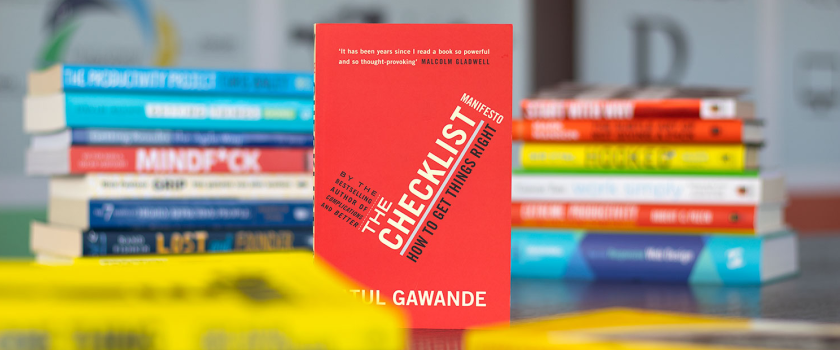
You might think that the title of this book is not very exciting. However, this can help you greatly in medical interpretation. It is worth reading and you won’t regret it. This book has been mentioned in The Hidden Brain which is a good podcast. The author of this book is Dr. Atul Gawande. He talks about the best medical inventions. He has described in detail the checklist and how it can help with the improvements in the outcomes of the medicine and avoiding disasters. Also, interestingly this is not much long and lengthy book and can be easily completed in a few sittings. Dr. Atul should be respected for explaining his own errors honestly and for writing a book that has an object that might not excite many readers. However, it is surely a good choice for medical translators and readers.
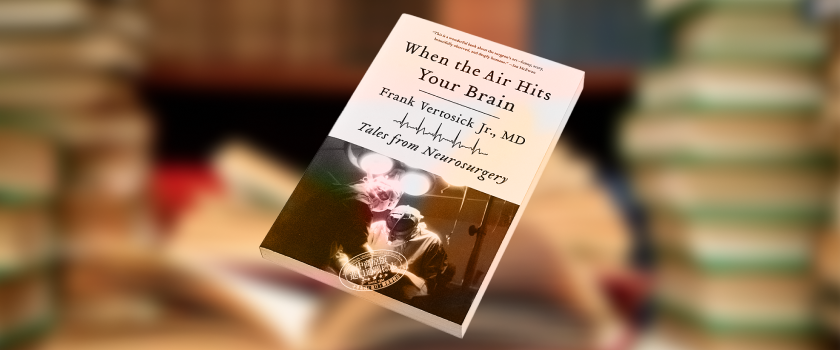
Interestingly, not many people would be interested to know the theatre room details and tales. However, it would appeal the medical students and professionals. Not to mention medical translators and interpreters can learn a lot from such books. As the medical interprets as individuals have not read the medical subject in detail and hence this way through books they can get better in their job and assumptions while proposing solutions. They can get the context of the patients and doctors easily. Frank Vertosick Jr in his book has a few cases that are quite graphic. Therefore, it is not for people with weak hearts. However, if you love reading about surgeries, go on. The insight and humor inside the books talk about the greatest challenges of his career.
He talks about a six-week-old infant who had a tumor in her brain. How tough it would be to operate any such patient. He further also mentioned a case where a minister was stuck with a .22 caliber bullet in his skull. The author has shared how he struggled with his unforgiving craft. The books reflect the mysteries of the mind as well as realities that occur in the operation room.
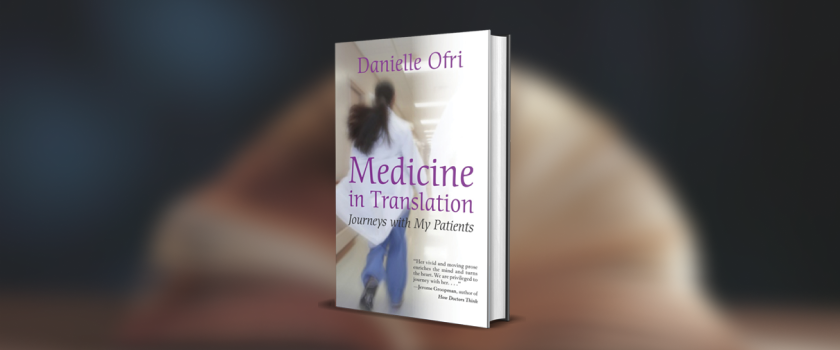
This book is an interesting choice for translators and interpreters. It speaks a volume about the language barriers in healthcare. The author Dr. Danielle Ofri also addresses the role of the culture of the patients. She has shared his personal experience about her stay and practice in a foreign country. This book tells you a lot about dealing with language problems and interpreting for patients.
Dr. Ofri’s practice has expanded to more than two decades in Bellevue which is one of the oldest healthcare centers for the public in the country. Also, it is a crossroads for the world’s cultures. In the book, the writer also talks about the moving portraits that refer to her patients who have braved language barriers, and religious and racial criticism as well. She also includes the emotional and practical difficulties of being exiled for better and improved health care. She has spoken about the American way during the sickness and the health.
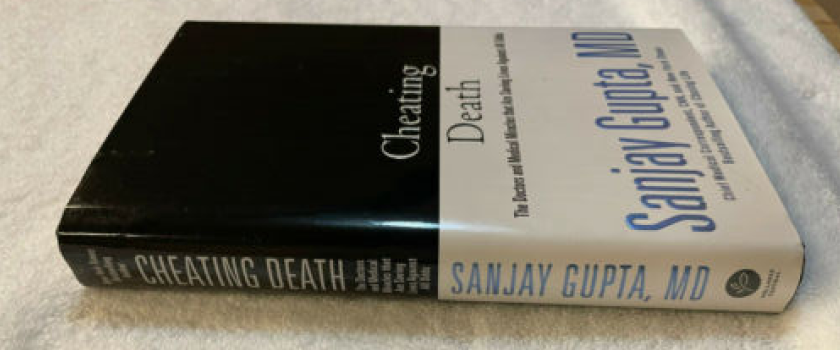
Dr. Gupta is not only a celebrated Doctor but is also an amazing writer and researcher. The doctor who happens to be a neurosurgeon has spoken about chronic diseases and the unbelievable role that science has played to make these recoveries possible. He also pays his tribute to the doctors who are bold and daring enough to refuse the defeat and are only accepting the recoveries. The extended cardiac issues that talk about brain death not breathing for more than an hour and related conditions that were so fatal to talk about are no longer lethal now. The revolutionary inventions are now challenging the traditional diseases that brought death to the people.
Mentioning his real-life stories and using unprecedented access to the latest happenings and research Dr. Gupta comes forward with his opinion about how physicians and researchers are working to change our traditional concept of the human body functions. He spoke about the sensitive cases and quoted the patients who would have died otherwise if not treated well. This book is such a treat if you want to upgrade your knowledge about scientific inventions and how doctors are putting their efforts into contributing to the betterment of health.
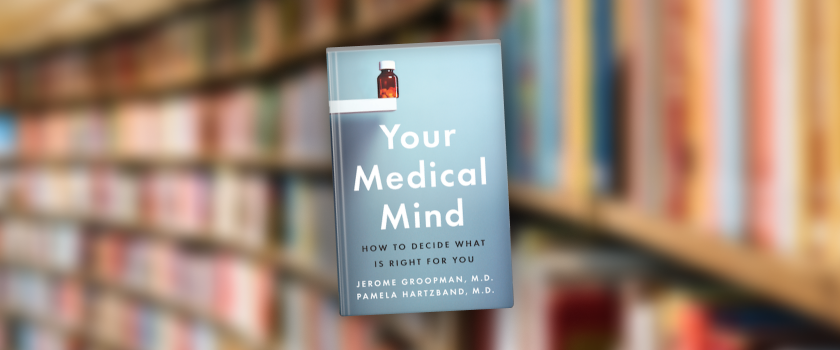
This book not only talks about the medical content but also addresses your needs as an occasional healthcare receiver. Making medical decisions is one tough ordeal. It is never easy for doctors. There is a lot of information in it including doctors’ recommendations, dissenting experts, and testimonials on the internet. Interestingly the authors Dr. Groppman and Hartzband tell us that all of us have more or less a medical mind. They talk about the mind of an individual who is weighing the risks and benefits of the treatments. It also depends if you come from the minimalist or maximalist thought of mind. Are you a believer or a doubter? Do you find natural healing more appealing or rely on the latest technology? The authors have contributed immensely by giving the narratives of real patients with insights from recent research to show how the medical mind is empowered.

If you are a medical interpreter and always looking for an interesting book to read about the medical culture in a different land, this is another fascinating book for you. It is more about the culture than medicine but an interesting read for sure.
Dr. Qanta Ahmed who is a British Muslim doctor when denied a US visa had to accept an interesting offer in Saudia Arabia. She talks about her feelings, her emotions, and how she felt she belonged to that language and culture.
She talks about her uncertain adventures. The writer also tells how she was rejected where she thought she should be embraced the most. There is humor, honesty, love joy, and loyalty in the book. She more than anything took it as a land of opportunity. She took it as a place where she discovered herself as a woman more than a physician. This book was written back in 2008. The Kingdom of Saudi Arabia has all new adventures and a revolutionized culture to entertain us now.
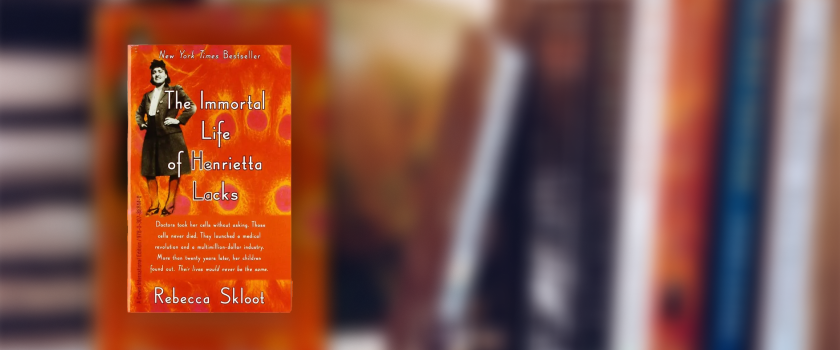
This book came as another reference that they mention in the podcasts. Also, you might like the idea that there is a movie based on this book. Henrietta is fondly called HeLa by researchers. She comes from the black tobacco former clan. Her cells were taken without her knowledge and consent in 1951. They became quite popular with the most important tools in medicine and are also vital for working on the polio vaccine, cloning gene mapping, and a lot more. The cells of Henrietta were bought and sold by the billions, however, ironically she remained unknown and her family could not even afford health insurance. Interestingly, this book does not only talk about medicine and medical cases but also tells the war on ethics, race, and medical facilities. The scientific discovery and the question of a daughter about her mother she never knew are something to know and mention.
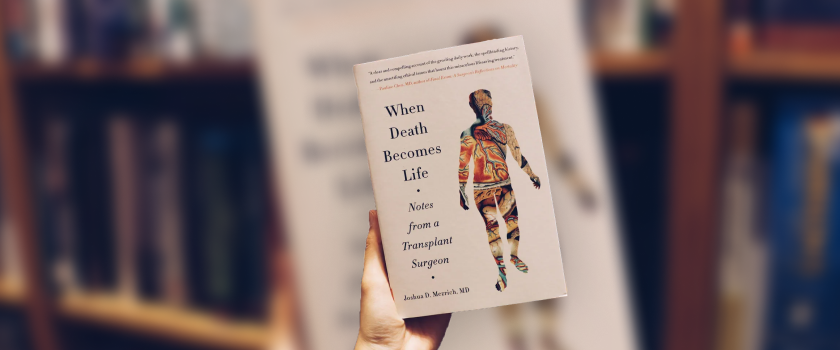
This is the book that allows you to peek into the operation room while a transplant surgery is being performed. The author Dr. Joshua Mezrich talks about the history and its connection with transplants. He also talks about integrating modern-day practices and talks about his own journey that brought him to where is he now.
As a medical interpreter, you might also find this book thrilling how science works to make new discoveries and the journey to improve human lives. Mezrich also examines the medical breakthroughs and connects the book with a few inspiring and heartbreaking stories of his transplant patients.

This book is disturbing and inspiring as well as gives you the courage to battle your problems in a positive way. The author Paul Kalanithi while on the verge of completing his training got diagnosed with stage IV lung cancer. He had to live two lives, where he was a doctor one day treating his patients who were dying and other days he had to struggle himself as a patient. All these struggles made him write a book and he and his wife worked on ‘When Breath Becomes Air’. He mentions his journey from being a naïve medical student to a neurosurgeon working at Stanford in the brain.

Dr. Henry Jay who happens to be the author of this book is a pediatric anesthesiologist having more than thirty years of experience. He shares his experience contains the unforgettable amount of procedures that he has performed over the years and also the fundamental mysteries. Dr. Jay has supervised the anesthesia more than 30,000 times and yet erasing the consciousness, denying memory, immobilizing the body, and then reversing all of these effects on the infants and newborn babies can be horrific. He further talks about the screaming toddlers, teenagers, and a gorilla too. This book can give you an insight into the children’s problems and how they are handled. You could clear many problems with this during your career in interpretation. You can also get help from this book while offering your services as an interpretation for patients who are children.
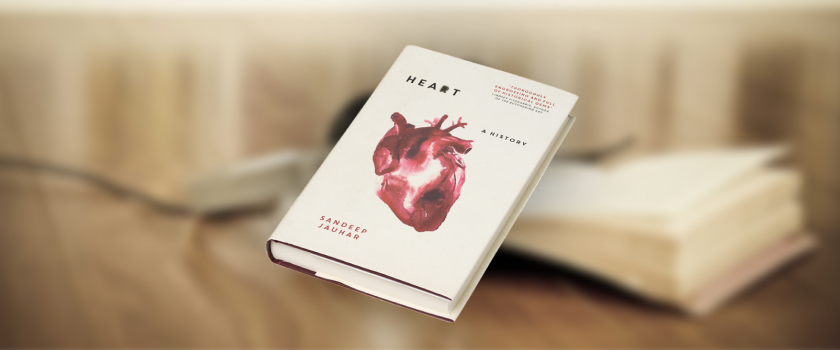
The human heart is one of the major and complex organs of the human body. Doctors and researchers have spent years and years trying to understand it. Sandeep Jauhar who is an incredible cardiologist talks about the heart in his book. Until recent years the age-old taboos devised and transformative procedures also changed the way we live and take heart issues. Dr. Sandeep Jauhar talks about the colorful and little stories that made Doctors risk their careers and also mentions his parents who risked their lives to know and heal the most important organ.

Amy Silverstein was a typical law student who was a smart driven and highly competitive individual. She is the one who is full of life. The author also mentioned the budding romance and nothing could slow her down. She also mentioned how she became the victim of the misdiagnosis and got an astonishing and good recovery later. She has also spoken about her romantic ties and courtship with her future husband. As Amy had experienced the misdiagnosis so she had trust issues with her doctors and explained a narrative of a patient. This narrative could work as an eye-opener and be controversial. Amy’s shocking honesty and the humor that might seem irrelevant in many places allow the readers to live and experience how painful it would have been for her to go through all this. Reading about such experiences also allows you to analyze things differently as an interpreter.
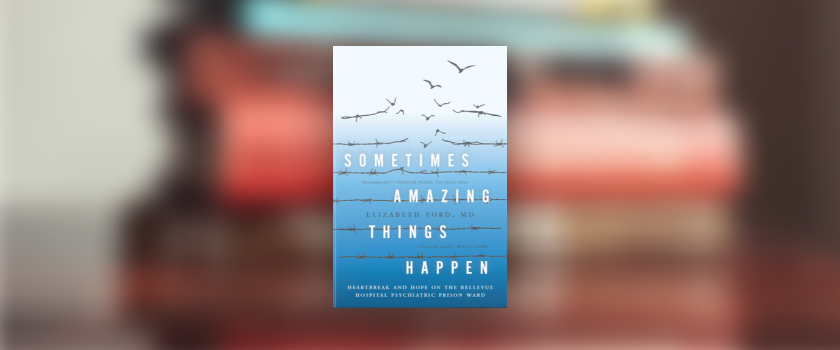
The author of this book Elizabeth Ford went through medical school and she was unsure of her roots and origin. It was until she decided to become a psychiatrist. She believed this profession was calling her. This book includes a thought-provoking account of the life of mental patients.
She decided to spare herself for the vulnerable population of mentally ill people. These included inmates of New York’s jails, including Rikers Island who were so sick that they used to send to the Bellevue hospital prison ward for extreme care.
These were the people who felt they were unloved, broken, and without any support or resources. They may get violent and unpredictable but they were the ones who could be tender and needy too. They are also human after all just with life’s depression and sorrows. Her parents surely made Elizabeth a great person and a great doctor who volunteered herself to be the psychic patient. She kept on learning, doctoring, and nurturing her patients about love and care. She did not feel cringe and was always there for them.

Cancer is such an absurd and distasteful word that it only brings negativity and disappointment. How does it feel having it and entering a world that seems hopeful at one moment and offers loss and despair in the next? David Scadden, the writer of this book has closely observed the feelings. His childhood friend’s mother got diagnosed with cancer and he happened to witness it all at a young and tender age. He worked on this memoir by having a connection with classmates, researchers, friends, and a doctor as well as neighbors. Dr. David also pens down his personal memories of cancer. He also mentioned about his visit that he used to pay his sick neighbor and classmate who quit school to never come back. All these memories of his childhood and young age made Dr. David Scadden write his memoir.
He is the co-founder of the Harvard Stem Cell and is also an expert on immunology and oncology. He has also shared his personal achievements, triumphs, and regrets as a doctor. Reading this book can make it easy for the interpreters to interpret a cancer patient and describe his feelings. The interpreter often gets to struggle while stating the patient’s condition and symptoms, a relevant reading can make it convenient for them.
Book reading can never get out of fashion and is always in trend. The ardent book readers somehow manage to find the time every now and then to buy a new book and read these. A well-read person can conquer the world. Medical translators and interpreters should also try to read books to polish their skills and excel in their field. Reading medical books can enable them to relate to certain medical scenarios and situations and put in better effort for the betterment of patients.
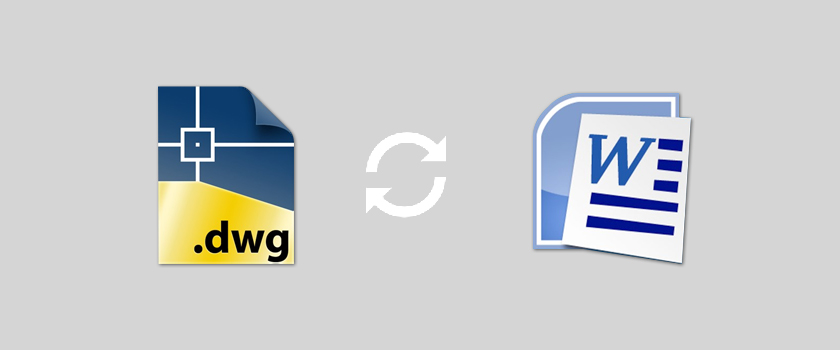
dwg: It means a drawing file save format created by AutoCAD, and now has been the standard format of 2D
Read More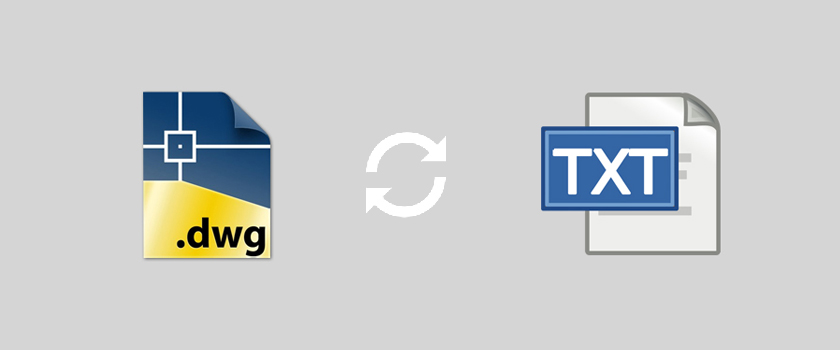
dwg: It means a drawing file save format created by AutoCAD, and now has been the standard format of 2D
Read More
Mars Translation can help you extract the texts in a DWG file and convert them into a Word file so
Read More
dwg: It means a drawing file save format created by AutoCAD, and now has been the standard format of 2D
Read More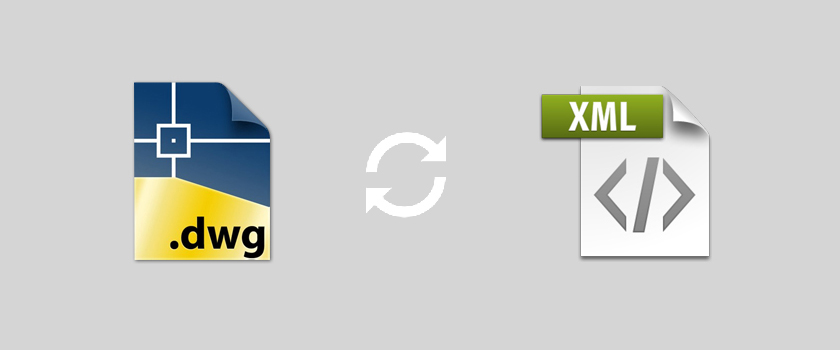
dwg: It means a drawing file save format created by AutoCAD, and now has been the standard format of 2D
Read More
MarsTranslation can help you extract the texts in a DWG file and convert them into a XML file so that
Read More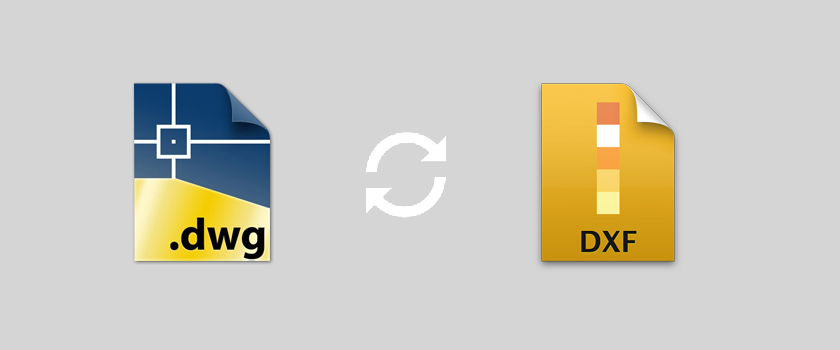
If you are a designer you are bound to find yourself in situations when you have to convert your DWG
Read More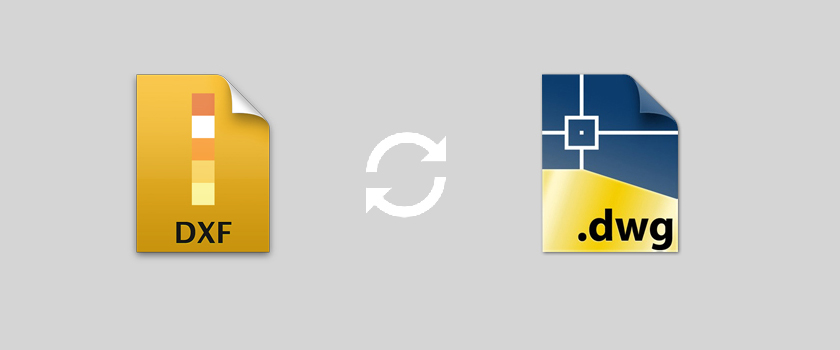
dwg: It means a drawing file save format created by AutoCAD, and now has been the standard format of 2D
Read More
MarsTranslation can help you extract the texts in a DWG file and convert them into a Word file so that
Read More


Document Translation
Professional document translation by native expertsApp Localization
Get more downloads by adapting your app for different target marketsVideo Translation
Multilingual translation and subtitling servicesWebsite Localization
Adapt your website into multiple contexts for global reachSoftware Localization
Adapt your software for global usersGame Localization
Reach new players with localized gameplayMTPE
Refine AI translations for natural fluencyBusiness Translation
Professional translation for business documents and websitesDTP & File Conversion
Professional DTP and File conversion, supporting multiple file formatsProofreading
Perfect your content with expert review© Copyright 2026 MarsTranslation